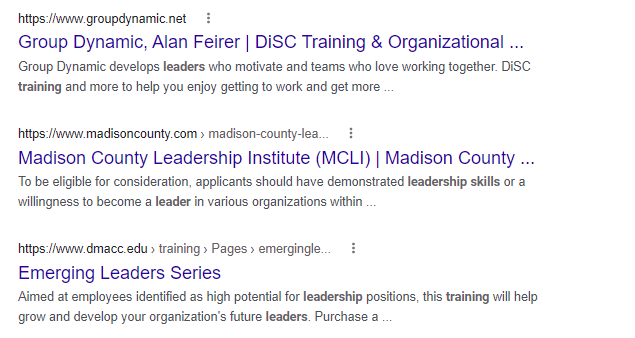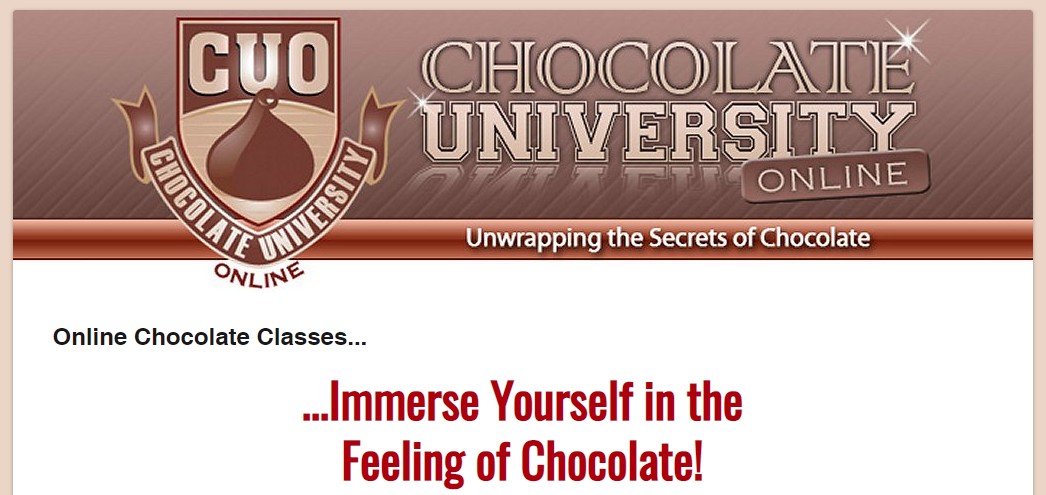[Do you like this? Please subscribe to my YouTube Channel and then share it for me!]
Video Summary
If the primary focus of your website is to connect with your visitors, so they take the action you want them to take, then your website must be visible enough for searchers to find it.
This video is the first in the series to discuss the critical components you must address in your SEO to give the best chance of appearing in the search results when your prospects are searching.
This video includes an introduction to the topic and discusses the importance of your web page URLs.
Video Transcript
Hello, I’m Jeffrey Kirk.
According to Wikipedia, “Search engine optimization (or SEO) is the process of improving the quality and quantity of website traffic to a website or a web page from search engines.”
If the primary focus of your website is to connect with your visitors, so they take the action you want them to take, then your website must be visible enough for searchers to find it. Someone must see the link to your website. Then they can click the link and start the relationship with your business.
There are three elements of your site that directly connect to the visitor when they see those elements in the search results. These three things are your web page title, web page description, and web page URL.
When someone talks about search engine optimization, they often refer to the adjustment of these basic on-site SEO elements. These elements are basic, but they’re also critical.
The thing is, I have seen many businesses miss these points with their website, and then they pay the price. But also keep in mind that for your best success, SEO is often necessary, but it is not always sufficient. It is a starting point and ought to be considered for every website. However, if you stop there you might miss some of your greatest opportunities.
Take a look at the following screenshot from a search results page for leadership training:

Each item in the search results shows one of the critical components you must consider for every page of your website. The first line in the first search result shows the URL, the address of the website, in this case “www.groupdynamic.net”.

Below the URL, you’ll see the title of the web page. In this example, the title starts with “Group Dynamic” and ends with … dot dot dot”

The final two lines contain the description of the web page.

The title and description are both defined within the content of the web page itself.
When someone does a search, and your website shows up in the search results, the URL, a title, and a description are always displayed. And, to help the searcher connect with your site, the words they searched for, and related words, are displayed in bold to help capture the searcher’s attention.
That makes these elements your first chance to influence the searcher to click through to your page. But more than that, these also give the search engine a brief summary of what your site is about.
You might want prospects to visit your site for fifty different reasons, but you don’t get that much space in the title or description to explain fifty different things. You are forced to summarize, since the limits are about 60 characters in the title and 156 characters in the description.
Therefore, search engines assume that you are choosing the most important things to include in the title and description. And they can assume that the words chosen include some of the most relevant keywords.
Let’s take a look at each of these elements in greater detail. In this video I will talk about your page URLs. I will dig into the Titles and Descriptions in future videos in this 3‑part series.
Part I — Your Page URLs
So, let’s start with the page URL…
There is nothing more relevant to your site than your URL. It’s the first thing that any search engine knows about your website, even before they look at the content of your site. Most businesses will choose a URL that represents their business name. After all, we all want name recognition, right?
The unfortunate downside of this desire is that we pick names that tell who we are, not what we do. And unless you already have a well-known business, people are not likely to be searching for your business by name.
They will search for your business based on the keywords that come to their mind when they are trying to solve a particular problem. That means they are looking for what you do, or what you have to offer. If there’s a match between the keywords used and your URL, you have an advantage.
Fortunately, for most of us who have already made this mistake with our existing websites, the advantage of keywords within the URL is decreasing. As Google and other search engines learn how to more accurately read the content on your page, they do not have to rely on the URL to contribute as much value.
Some sources claim the URL no longer matters at all, but I disagree with that statement for one significant reason…
The URL still provides valuable information about the website to both search engines and searchers.
For example, let’s say you are looking for some cold call sales training. When you do the search, you see two domains in the search results. One is sandler.com and the other is coldcalluniversity.com. Which domain is more relevant to your search?
Obviously, if the search engine brings up both, then it’s likely that both match your search to at least to some degree. But one comes right out with “cold call” in the name of the site. Most likely you notice this and that means you’re more likely to click.
For each separate website you get a single domain. That’s the part of your website address that you had to pay for which gets included on every page, the www.yourbusiness.com part. But each page of your site gets its own URL which is your domain followed by slash and then the page-name.
The opportunity here is to create page names that match the keyword phrase you are targeting on that page.
For example, consider the business Chocolate University Online. If you know the full URL, chocolateuniversityonline.com/chocolate-classes, would you be able to guess what this page is about without going there?
So, whether or not search engines continue to give any SEO value to keywords in a URL, humans will still value the words.
Therefore, even if it’s too late to change your domain, you can, and should, work keywords into your separate page names because that might be all it takes to capture the attention of a searcher. And when you capture their attention, you get the opportunity to start a relationship.
In the next video I will share with you some tips to get your title tags set up properly.
That’s it for now. Thanks for watching. I hope this information helps with your online business success. Please subscribe to my channel and then share this video with your business friends.
See you again soon, and have a great day!
Next Videos in the Series
Part 2: Business SEO — Titles and Part 3: Business SEO — Descriptions
